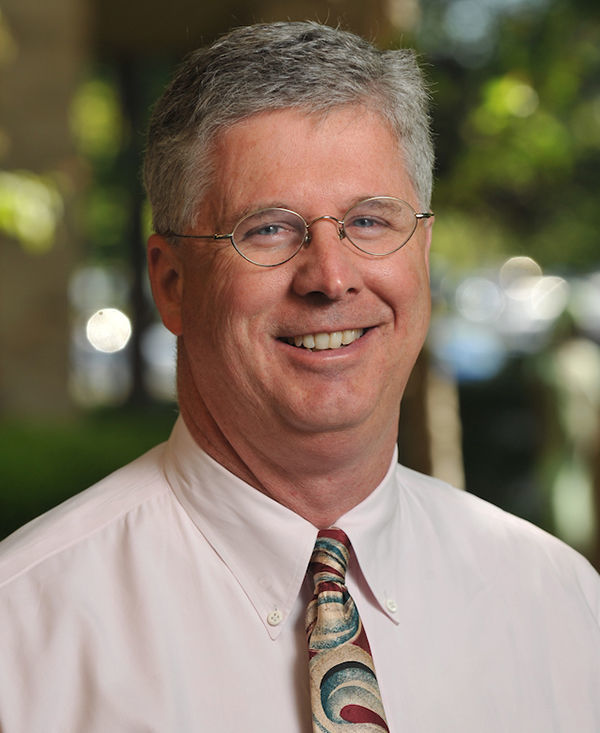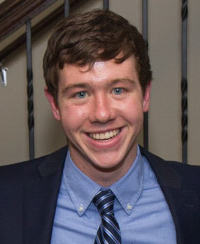 William Evans
William Evans
The public has lots of questions about refugees, and William Evans and Danny Fitzgerald have come up with some answers.
Evans, chair and Keough-Hesburgh Professor in Notre Dame’s Department of Economics, and Fitzgerald, a senior economics and mathematics major, have been analyzing a quarter-century of data to determine the economic impact of refugees who enter the United States.
The project was an effort to provide a more complete picture of how refugees are assimilating in the U.S. They will present their findings to the U.S. Conference of Catholic Bishops (USCCB) in Washington, D.C., on Tuesday (Nov. 15). The USCCB is the largest of nine “voluntary agencies” tasked by the State Department with resettling refugees in the United States.
“You see a lot of claims by Congress about the cost of refugees, but they really aren’t backed up by data,” Fitzgerald said. “Whatever data we come up with is going to be beneficial for them to craft proper policies down the line.”
Evans and Fitzgerald’s findings indicate that, initially, refugees between ages 18 and 35 are typically underemployed and utilize public aid programs. But over the course of 20 years, refugees adapt to American life and, on average, pay more in taxes than they receive in benefits.
 Danny Fitzgerald
Danny Fitzgerald
Additionally, refugees entering the U.S. before the age of 14 tend to graduate high school and college at slightly higher rates than their U.S.-born peers.
They plan to eventually publish their findings in an academic journal, but in the meantime, Evans hopes the presentation will spur discussion about the best way to serve refugees’ needs.
“A lot of social service organizations are in the refugee resettlement business, and this whole area is just lacking some hard data,” he said.
Sifting through the data
The research project involved looking at roughly 18,000 refugees who entered the country between 1990 and 2014. Fitzgerald combed through census data to locate people entering the country as refugees, then tracked their employment, education, dependence on social programs, tax history, and other factors.
Evans, co-founder of Notre Dame’s Wilson Sheehan Lab for Economic Opportunities (LEO), said he knew Fitzgerald from his work as a LEO undergraduate research assistant. He thought the senior would be perfect for this data-intensive research project.
Evans credited Fitzgerald for breaking down the overall question they needed to answer—how are refugees assimilating to life in the U.S.—into lots of little questions. Fitzgerald drew on his experience in computer programming to write new code to analyze census data.
“That’s what makes a good researcher—you can see the whole picture, but you can’t write a program to do everything at once,” Evans said. “You have to take it in these little bits, and break it into these small pieces.”
Building skills for the future
Fitzgerald is also currently working on his senior thesis, analyzing how NFL players’ economic outcomes are affected by the cities their teams play in.
He hopes to pursue a career in data science or analytics, and he’s confident his research projects and other experiences at Notre Dame have prepared him for whatever jobs he’ll seek.
“I have very practical experience from what I’ve done the past few years,” Fitzgerald said. “While I’ve been focused on the field of economics, I’ve also been working with a lot of data. I’m excited to enter a new field and answer new questions, knowing that the skills I’ve learned here will translate well.”
Originally published by at al.nd.edu on November 14, 2016.